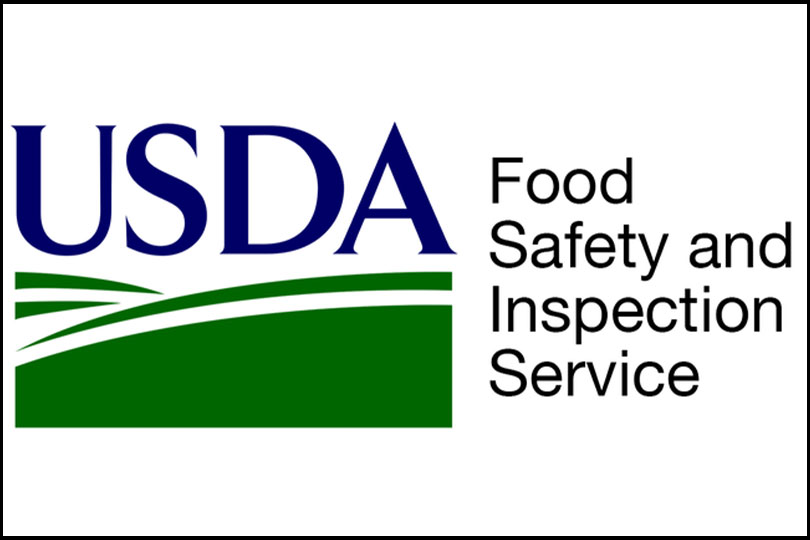By Julie Tomascik
Editor
The state’s largest general farm and ranch organization is requesting the U.S. Department of Agriculture’s (USDA) Food Safety and Inspection Service (FSIS) establish accurate labeling requirements of meat products made using cultured cells derived from animals.
Last month, Texas Farm Bureau (TFB) submitted official comments that outline the need for clear labels for cell-based products.
“Consumers deserve the highest food safety standards when it comes to the products they put on their table,” the organization wrote. “Texas Farm Bureau has a natural interest in the long-term success and viability of all farmers and ranchers in the meat and poultry business across the state. However, we want to be clear that our comments do not represent an attempt to prevent new technologies from entering the marketplace. We trust and expect that USDA’s FSIS will fulfill their intended roles, which is to protect consumers with truthful labeling and ensure that the safety of this country’s food supply is of the highest caliber in the world.”
TFB policy states that only livestock, poultry, fish and wildlife that are born, raised and harvested for food should be considered as meat products. The products created through processing those animals and considered to be food should be the only products allowed to use traditional meat labels.
The organization wants labeling to inform consumers on the differences between meat raised traditionally and those alternatives derived from cell cultures.
“Texas Farm Bureau policy states that all packaged meat substitutes be labeled ‘not a meat product.’ Utilizing this statement on label packages will provide enhanced clarity to consumers as they make their purchasing decisions,” the organization said.
TFB also stressed that allowing common use meat terminology, such as pork loin, would be inaccurate and misrepresent the food product, adding unnecessary confusion in the marketplace.
“Texas Farm Bureau policy states that only 100% live animal produced protein can be labeled and marketed as a meat product. Therefore, any combination of cultured animal cells and slaughtered meat should not be identified with traditional meat label terminology or language that may cause consumer confusion with a product derived completely from a slaughtered animal,” the organization wrote. “This is a simple and extremely effective way to communicate that the product is not the result of the traditional process of slaughter and further processing of animal protein.”
Farmers, ranchers and consumers have benefited from the strict rules that govern traditional animal slaughter and food processing for decades. Any food protein produced through synthetic processes would require additional oversight due to the novel production system, the organization wrote.
“The production of cellular based products involves the use of numerous processes and ingredients not common to food production,” the organization said. “It is reasonable to consider listing the ingredients and processes used in cell-cultured meat development on the consumer product label.”
The American Farm Bureau Federation also submitted comments.
The comment period closed Dec. 2.
Other than new labeling regulations concerning this product, FSIS does not intend to issue any other new food safety regulations for the cell-cultured food products under its jurisdiction.

